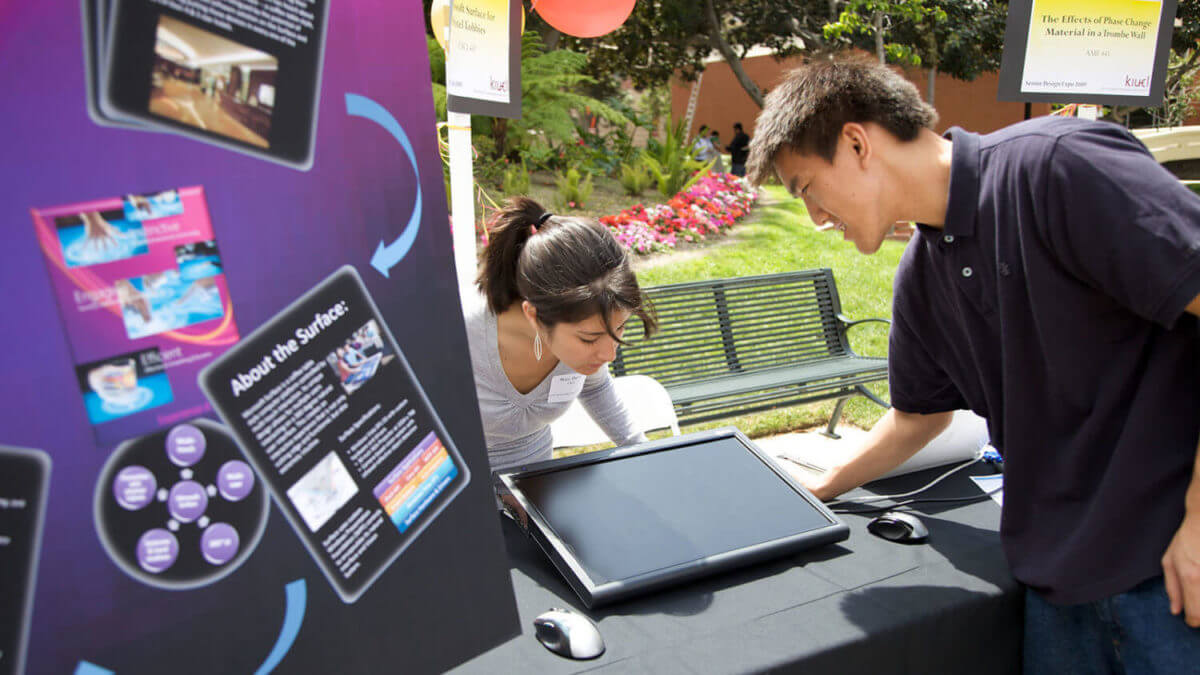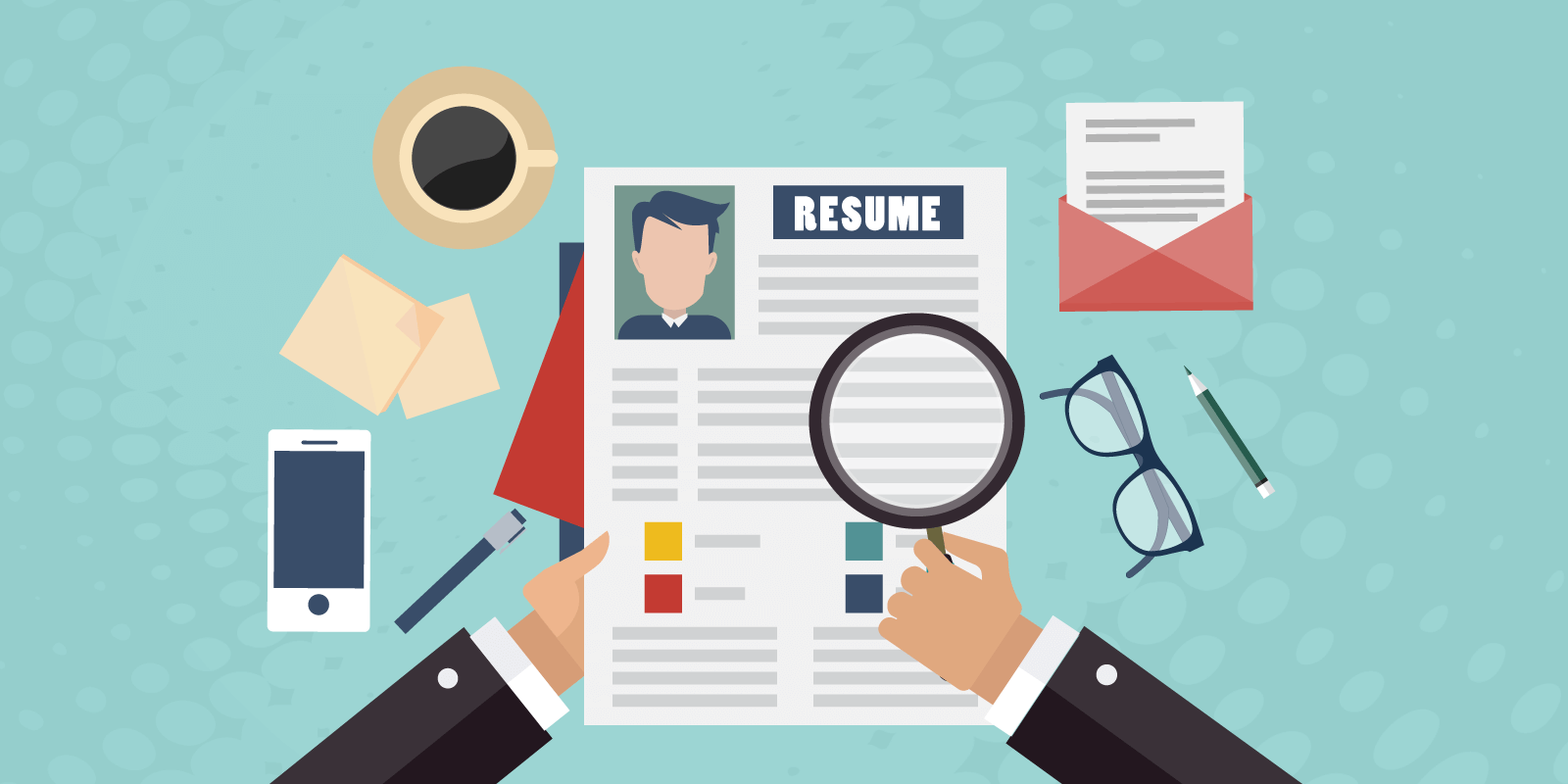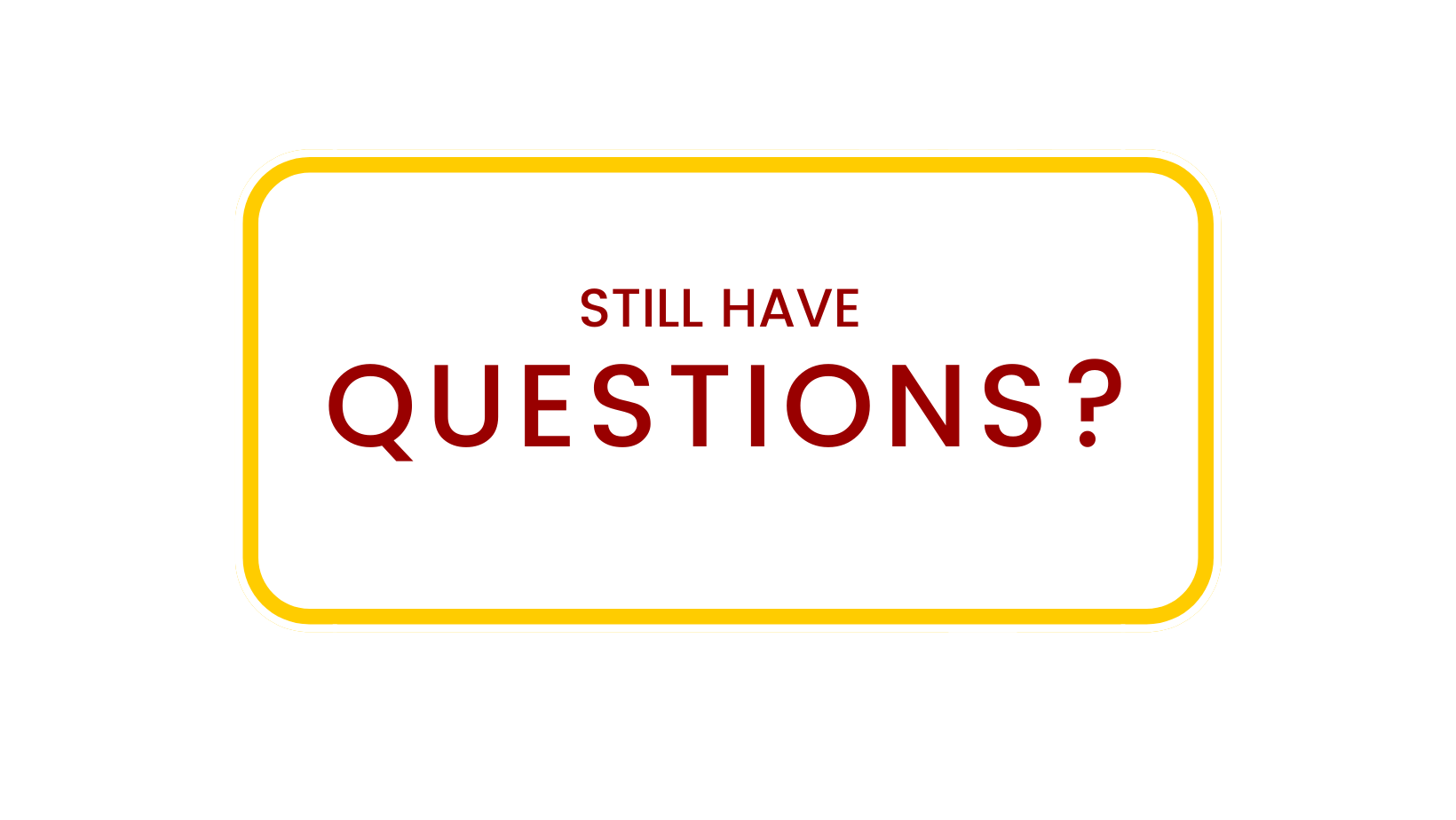Your Resume and Cover Letter are written for employers, but they are all about you.
Both are key to making a good first impression at recruiting events, through online applications, and anywhere you may meet a potential employer.
They do differ slightly in how you create them and what makes a great Resume and Cover Letter. Review the resources below to get started on them.

What's The Difference?
Resume: A one-page summary of experiences and skills that show you’re the best candidate for the job. It is written formally, with succinct sentences. You can skip filler words like "to" and "the".
Must include: Contact Information, links to pages (LinkedIn, Github, etc.) key skills, experiences, projects, volunteer work (if relevant) and education.
Make sure to: Highlight relevant skills, use strong action verbs to begin each bullet, and include the purpose or results of your work.
Cover Letter: A one-page, 1-3 paragraph letter written in first-person to the company or hiring manager, explaining your interest in the role and why you are a good fit.
Must Include: Personal connection & specific skills that make you the best fit for the specific position you are applying to.
Make sure to: Expand on a few key experiences and skills that relate to to the position and provide detailed examples.
VMOCK: Your Resume Tool
VMOCK is a virtual resume review software available to USC students for free!
- It provides real, AI-powered feedback on your resume based on three areas: Format, Impact and Competencies.
- Using VMOCK allows you to edit your document before having it reviewed, saving valuable time with your career advisor to discuss the deeper parts of your resume.
- Available 24/7, 365 days a year.
- USC students receive 10 free resume "scans" per academic year.
- Simply follow the link and shibbolith in.

Action Words for Accomplishment Statements
Tailoring Your Resume
- A strong resume is a great place to start, but tailoring it to each position you apply to is another key part of your resume.
- When you apply to jobs and internships online, it is important to adjust the words in your resume and application to match the position you're applying.

Job Title: Match the title exactly if you can.
Hard Skills: Tech and hard skills go first, required experience.
Preferred Skills/Experience: Read description and include relevant skills and experience. Do this more than once.
Cut Irrelevant Information: Anything that doesn’t serve the position you’re applying to.
Get a Second Opinion: Give the job description and your resume to a friend, time them 30 seconds and hear their feedback.
Sample Resumes & Cover Letter


